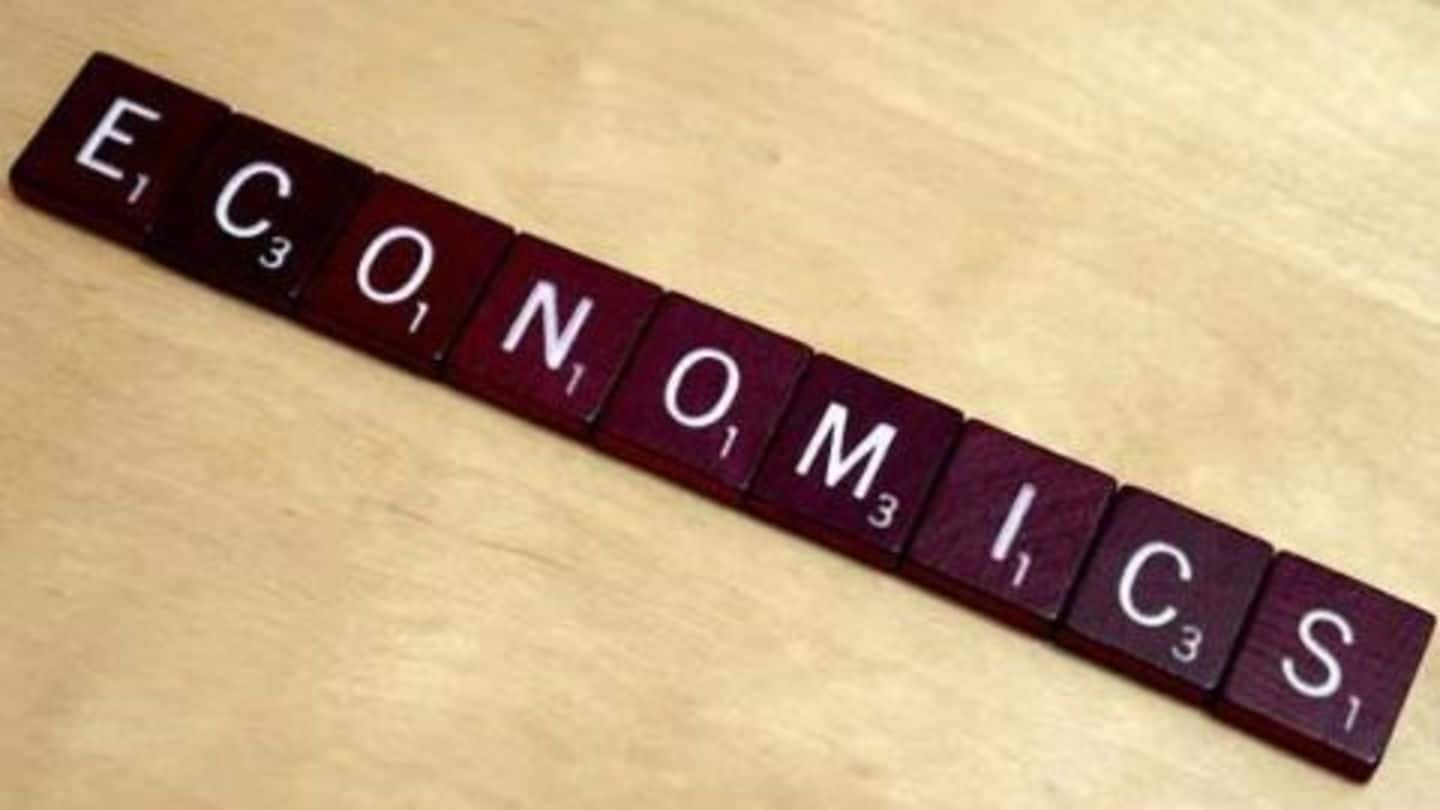
British-born economist wins Nobel Prize for Economics
What's the story
UK-born economist Angus Deaton was awarded the 2015 Nobel Prize for Economics on 12th October 2015 for "analysis of consumption, poverty, and welfare".
"To design economic policy that promotes welfare and reduces poverty, we must first understand individual consumption choices. More than anyone else Angus Deaton has enhanced this understanding," the Nobel Committee stated.
This is the final Nobel to be awarded in 2015.
Do you know?
Nobel Prize for Economics
The Nobel Prize for Economics, originally called the "Sveriges Riksbank Prize in Economic Sciences" wasn't part of the original awards mentioned in Alfred Nobel's 1895 will. It was introduced in 1968 to mark Sweden's central bank's 300th anniversary.
About
Angus Deaton's life
Angus Deaton was born in Edinburgh in 1945, and has enjoyed a distinguished academic career.
He completed his Bachelor's, Master's and PhD from Cambridge University in 1975, and taught at Cambridge University and Bristol University before moving to the United States to teach at Princeton University.
The microeconomist is also the author of several books addressing the issues of poverty and inequality.
Work
Deaton's contribution to Economics
Deaton is credited with explaining how tax changes change the consumption of various commodities and which social groups lose or gain.
He introduced the use of economic data at an individual level, rather than just at aggregate levels.
He revolutionised the measurement of poverty.
His research on "poverty traps" provided data explaining that malnutrition was the consequence of low income and not vice versa.
Do you know?
The almost ideal demand system
Deaton co-authored a paper with John Muellbauer in 1980, titled "An Almost Ideal Demand System" explaining how public policy affected consumer decisions. It was declared to be among the 20 most influential post-1970 articles by American Economic Review.
Refugees
Deaton's take on the Syrian refugee crisis
Angus Deaton is of the opinion that the Syrian refugee crisis is a result of inequality, stating that inequality is "putting enormous pressure on the boundaries between the poor world and the rich."
When asked for a solution he said that poverty reduction is definitely a long term solution, but "in the short term, stabilizing political instability in war zones would help."
Do you know?
Winners of the Nobel Prize for Economics
More than 80% of the winners of the Sveriges Riksbank Prize in Economic Sciences or the Nobel Prize for Economics have been Americans. The political scientist Elinor Ostrom became the only female laureate when she won in 2009.